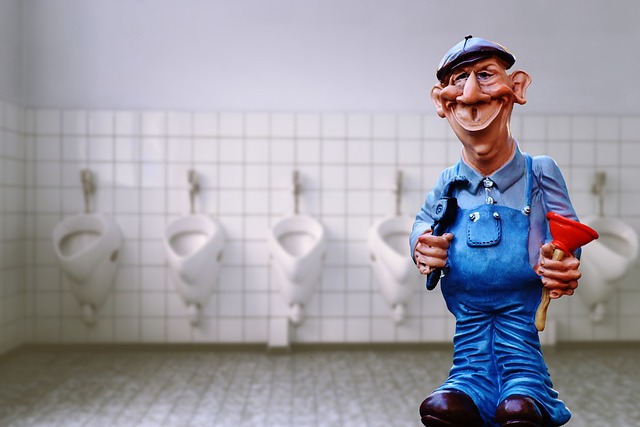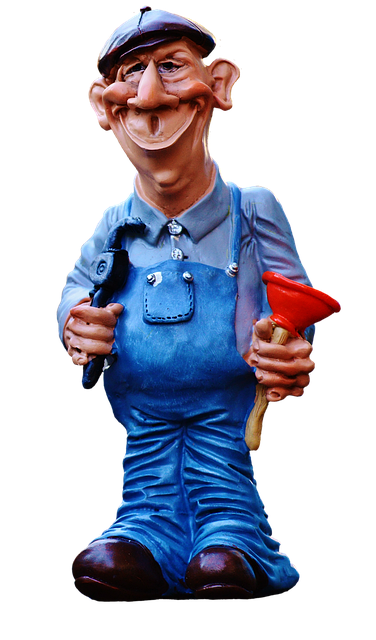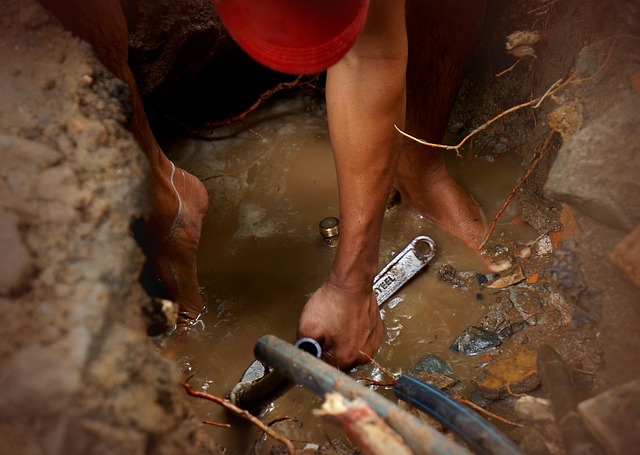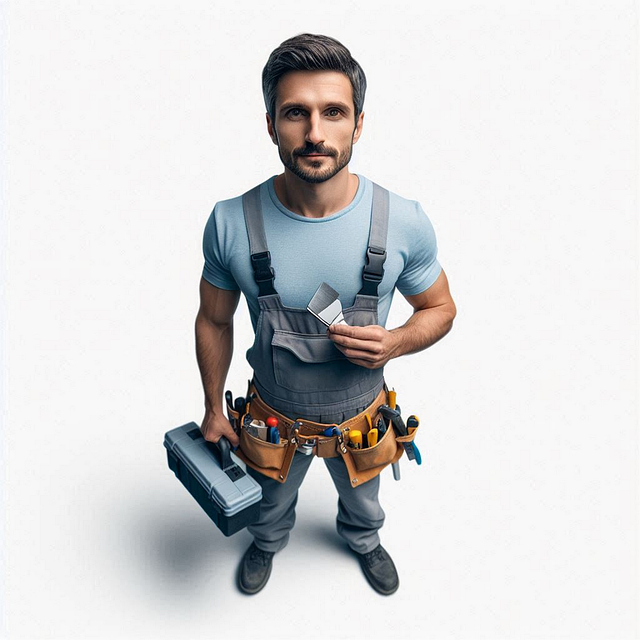Proactively maintain your plumbing system by recognizing common issues such as leaks and clogged drains. Homeowners can catch problems early through regular inspections, addressing unusual noises, water stains, high bills, and slow drainage. For leaks, locate the source and apply temporary fixes or professional help for severe cases. Clogged drains can be prevented with hot water, plungers, and regular maintenance; chemical cleaners should be used sparingly. Professional plumbing inspections yearly further mitigate common plumbing issues.
In every home, plumbing problems are an inevitable part of living, but understanding common issues and simple fixes can save you time and money. This comprehensive guide tackles the 10 most frequent plumbing headaches, from leaky pipes and clogged drains to low water pressure. We’ll equip you with practical knowledge on basic repairs, offering step-by-step instructions for replacing parts, fixing leaks, and unclogging drains. Plus, discover preventive measures to keep your plumbing system running smoothly all year round.
Identifying Common Plumbing Problems

Recognizing common plumbing problems is the first step toward effective solutions. From dripping faucets to clogged drains, these issues can range from minor inconveniences to major crises. By understanding the telltale signs and symptoms, homeowners can catch potential problems early on, preventing more costly repairs down the line.
Regular inspection and maintenance play a vital role in identifying common plumbing issues proactively. Keep an eye out for unusual noises, such as banging or dripping sounds, which might indicate pipe corrosion or leaks. Water stains on walls or ceilings, unusually high water bills, and slow-draining sinks or tubs are also red flags. Regular check-ups can help address these problems before they escalate into major disruptions to your home’s plumbing system.
1. Leaking Pipes: Causes and Repair Methods

Leaking pipes are one of the most common plumbing issues homeowners face. These leaks can stem from a variety of causes, such as worn-out joints, corroded pipes, or even improper installation. Over time, the continuous flow of water exerts pressure on these connections, leading to cracks and seepage.
To fix leaking pipes, the first step is to locate the source of the leak. This may require checking visible pipes for any signs of damage or corrosion. Once identified, there are several repair methods available. For minor leaks, using plumber’s tape or pipe compound can provide a temporary fix. For more substantial leaks, replacing the affected section of pipe or tightening connections might be necessary. In severe cases, it’s best to consult a professional plumber for lasting solutions.
2. Clogged Drains: Unclogging Techniques and Prevention

Clogged drains are one of the most common plumbing issues homeowners face. They can cause water backup and slow drainage, leading to unpleasant odors and potential damage to pipes. To unclog a drain, start by using hot water to flush out any built-up grease or debris. Boiling water can often dissolve clogs caused by soap scum or hair. If this doesn’t work, try using a plunger. Apply pressure down on the drain’s surface while sealing it tightly with the cup. This creates a suction effect that can dislodge clogs. For stubborn clogs, reach for a chemical drain cleaner, but be cautious as these products can corrode pipes if used too frequently.
To prevent clogged drains, implement regular maintenance practices. Avoid pouring grease or large food particles down the sink. Install drain covers to catch hair and other debris. Use hot water regularly to flush out pipes and consider using natural cleaners like baking soda and vinegar instead of chemical cleaners. Schedule professional plumbing inspections at least once a year to catch potential issues before they become major problems.
In addressing common plumbing problems, homeowners can save time, money, and avoid extensive damage. By understanding the root causes of issues like leaking pipes and clogged drains, as well as adopting preventive measures, you can effectively manage your plumbing system. Regular maintenance and swift action on minor problems can significantly reduce the need for costly emergency repairs, ensuring a smoother, more efficient home life. Remember, knowing how to fix basic plumbing issues is a valuable skill that every homeowner should possess.
